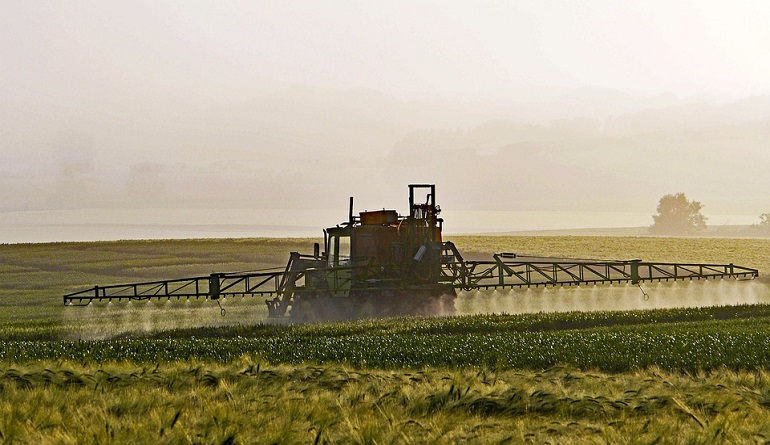
ATM News Network: Strengthening plant breeding programs with the use of Genetically Modified (GM) technologies is important to address emerging challenges in the Indian agriculture sector and ensure food security while reducing foreign dependence, Union Minister of State for Environment Ashwini Kumar Choubey said in Parliament.
The Union Environment Ministry has given environmental clearance to indigenously developed genetically modified mustard seeds in October. This paved the way for the commercial introduction of the country's first food crop in about two years. Cotton is the only crop based on genetically modified technology. This cotton has now been approved for cultivation in India.
More than 60% of India's total edible oil demand is met by imports from countries like Indonesia and Malaysia as well as from the Black Sea region. In the last financial year that ended March 31, India imported a record 19 billion dollars of vegetables, and oil. Russia's invasion of Ukraine also disrupted imports. Prices have also risen before supply improves.
Social activists say that genetically modified mustard will require widespread use of herbicides, which will pose a threat to bees. It is for this reason that the Supreme Court has challenged the decision to allow environmental clearance of hybrid mustard DMH-11 seeds for production and trials before commercial use.
Chaubey said the environmental clearance would help scientists study the impact of genetically modified mustard on bees and other pollinators. India, which is poised to overtake China next year as the world's most populous country, blocked the use of a genetically modified version of eggplant in 2010 after protests from environmentalists and some farmers.
India's growing population and shrinking cultivable land mean it needs to adopt more efficient ways of farming to feed its nearly 1.4 billion people, scientists say.
Source - Reuters